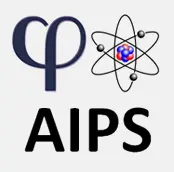Volume IV de PAIPS
Nous avons maintenant publié le quatrième volume de la série « Proceedings of the Académie Internationale de Philosophie des Sciences ». Ce volume réunit les actes de la conférence qui s’est tenue à Zadar, en Croatie, en 2021, et a été édité par notre Président, Jure Zovko. Vous pouvez consulter le volume ici, et les articles sont librement accessibles à tous.
https://resources.illc.uva.nl/CRAIPS/Volumes/Tome-IV/
Dernières publications de nos membres
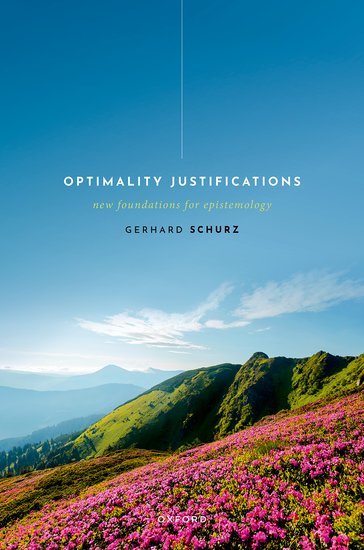
Gerhard Schurz:
Optimality Justifications
New Foundations for Epistemology
Published in 2024
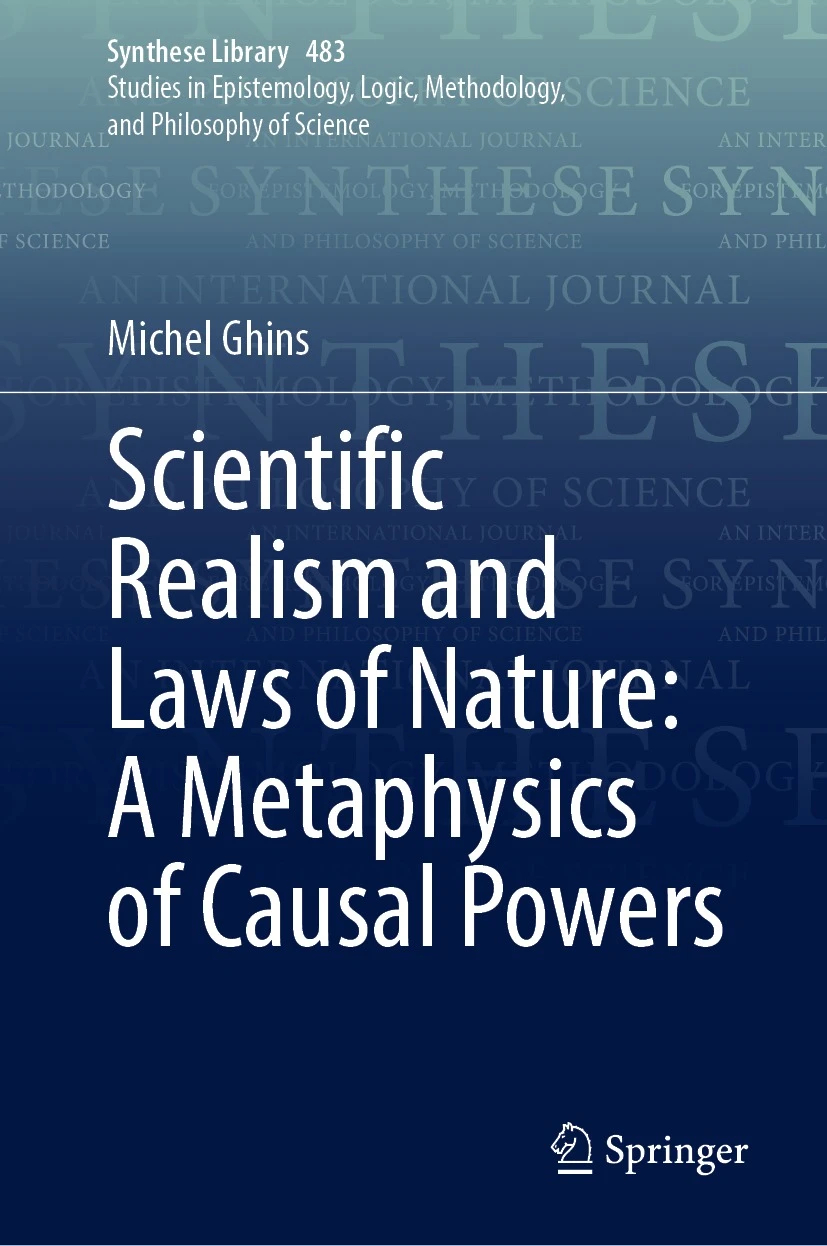
Michel Ghins:
Scientific Realism and Laws of Nature: A Metaphysics of Causal Powers
Published in 2024.
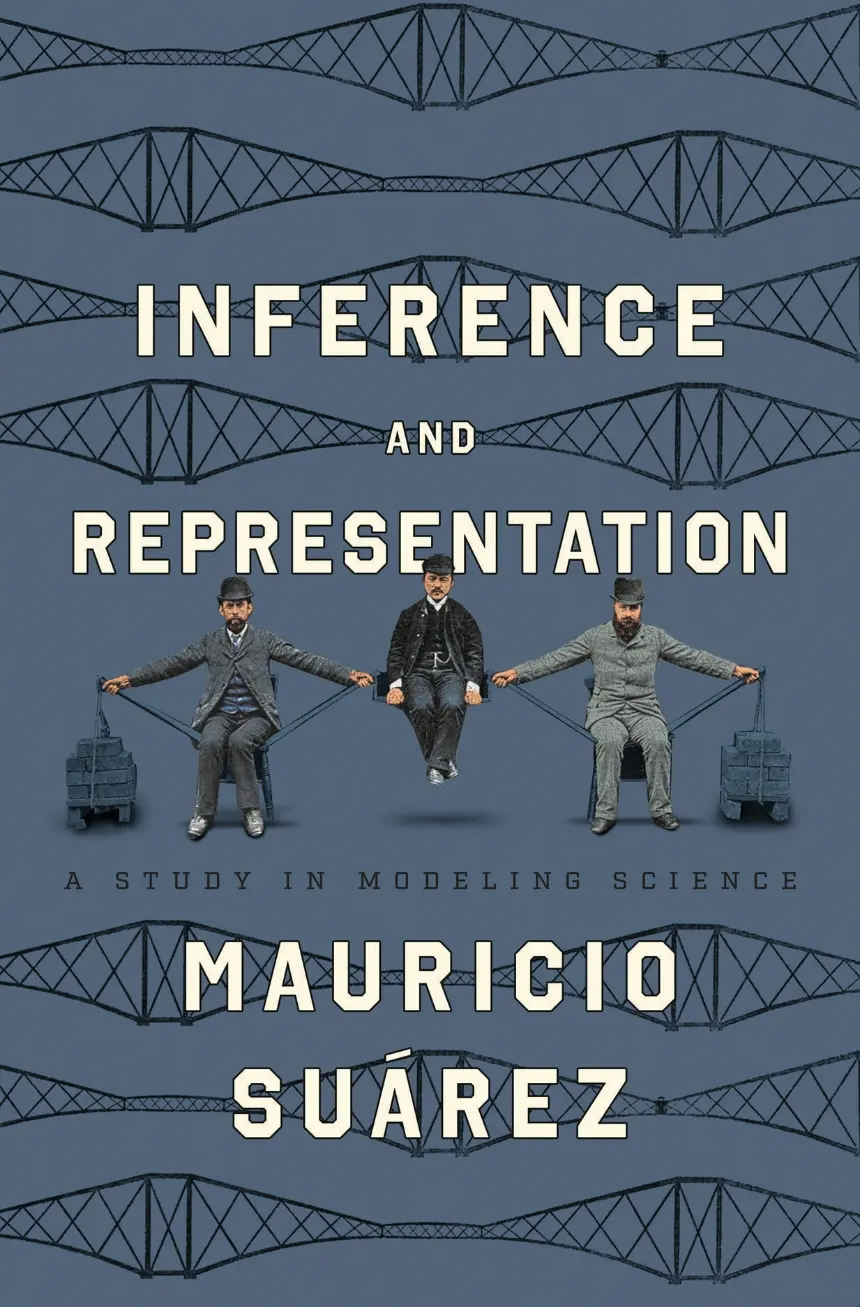
Mauricio Suarez: Inference and Representation
A Study in Modeling Science
Published in 2024
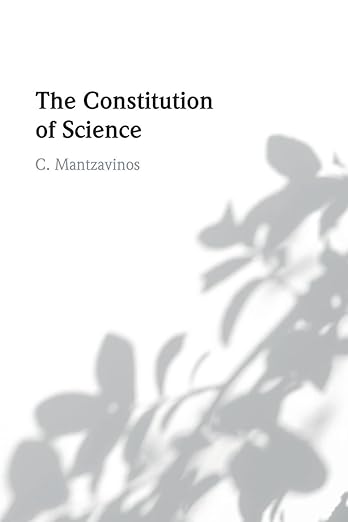
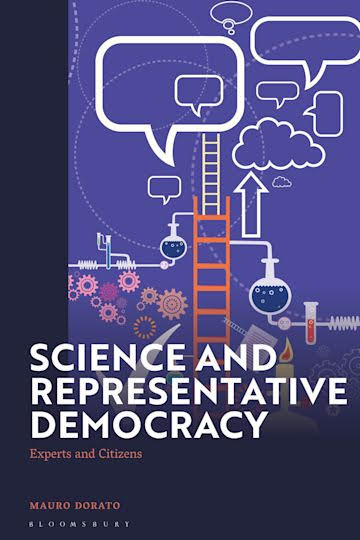
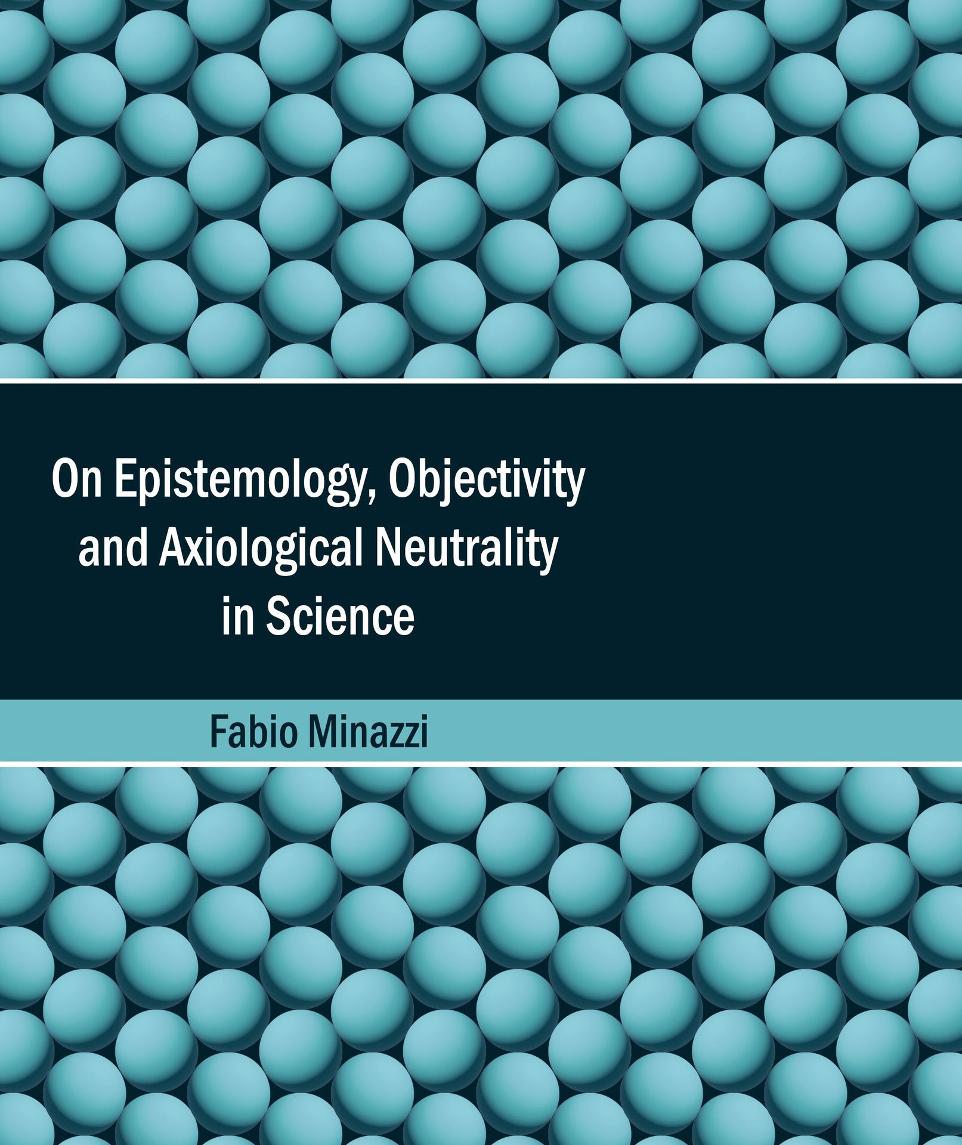
Fabio Minazzi:
On Epistemology, Objectivity and Axiological Neutrality in Science
Published in 2023
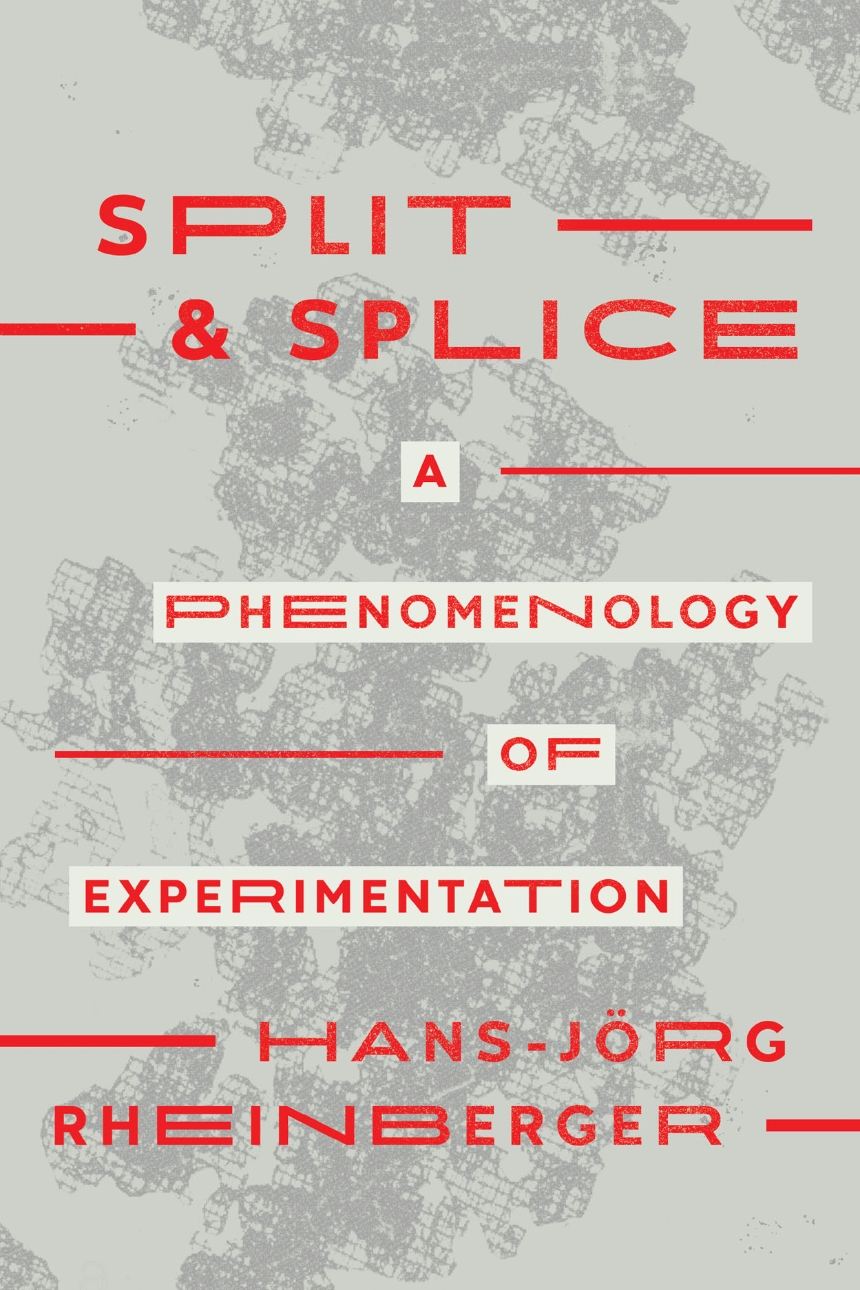
Hans-Jörg Rheinberger: Split and Splice
A Phenomenology of Experimentation
Published in 2023
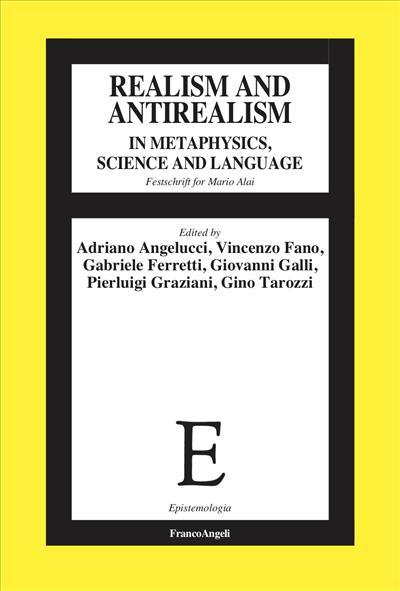
Realism and antirealism in metaphysics, science and language
Festschrift for Mario Alai
Published in 2024
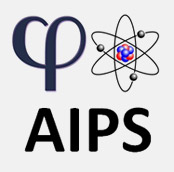
AIPS a été créée en 1947 par un religieux dominicain belge, le Père Stanislas Dockx, philosophe et théologien mais aussi physicien et mathématicien, soucieux de synthèse et de critique épistémologique. Le but de l'Académie Internationale de Philosophie des Sciences est de tenter de faire synthèse sur des questions essentielles de philosophie des sciences, en interdisciplinarité, au-delà de tous les clivages (nationaux, linguistiques, institutionnels, d'options philosophiques), dans un esprit de recherche libre et exigeante, dont on partage les résultats en vue d'un débat critique et intellectuellement fructueux, dans un cadre favorisant le contact personnel et cordial entre chercheurs.

Conseil académique
prof. JURE ZOVKO - Président
prof. MICHEL GHINS - Vice président
Prof. REINHARD KAHLE - Vice président
Prof. MARCO BUZZONI - Assesseur
Prof. GINO TAROZZI -
Assesseur
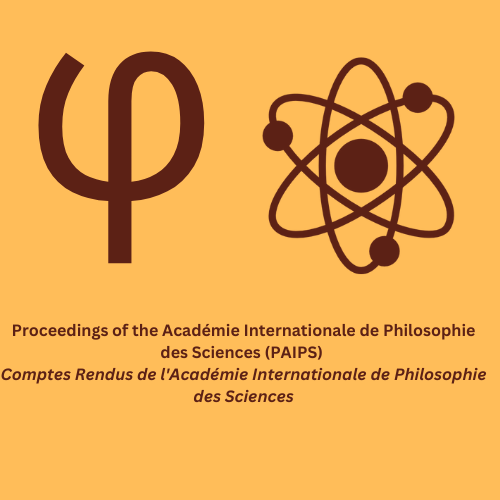
Proceedings of the Académie Internationale de Philosophie des Sciences ( (PAIPS) ou Comptes Rendus de l'Académie Internationale de Philosophie des Sciences sont une série de livres publiés par l'Académie Internationale de Philosophie des Sciences. Les volumes imprimés peuvent être commandés auprès de College Publications, tandis que les volumes en ligne sont disponibles ici gratuitement, tant pour les auteurs que pour les lecteurs (« libre accès »).
